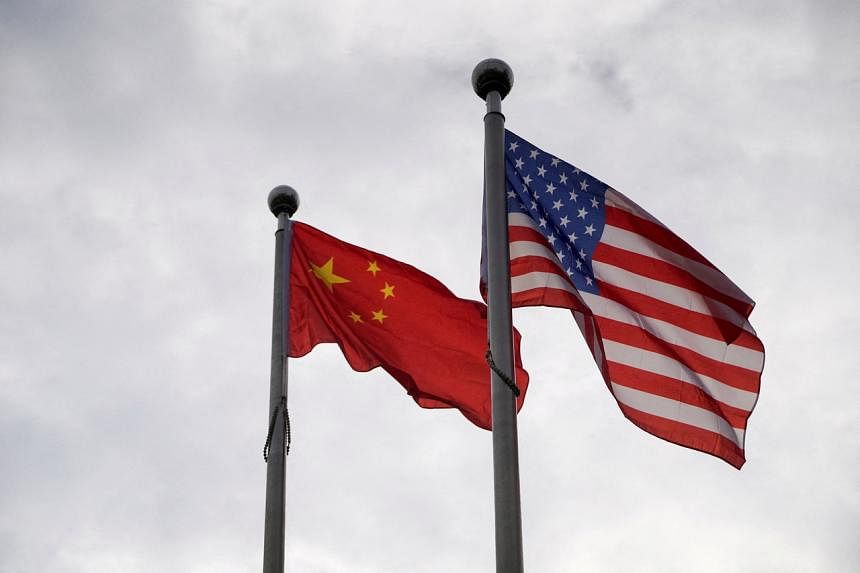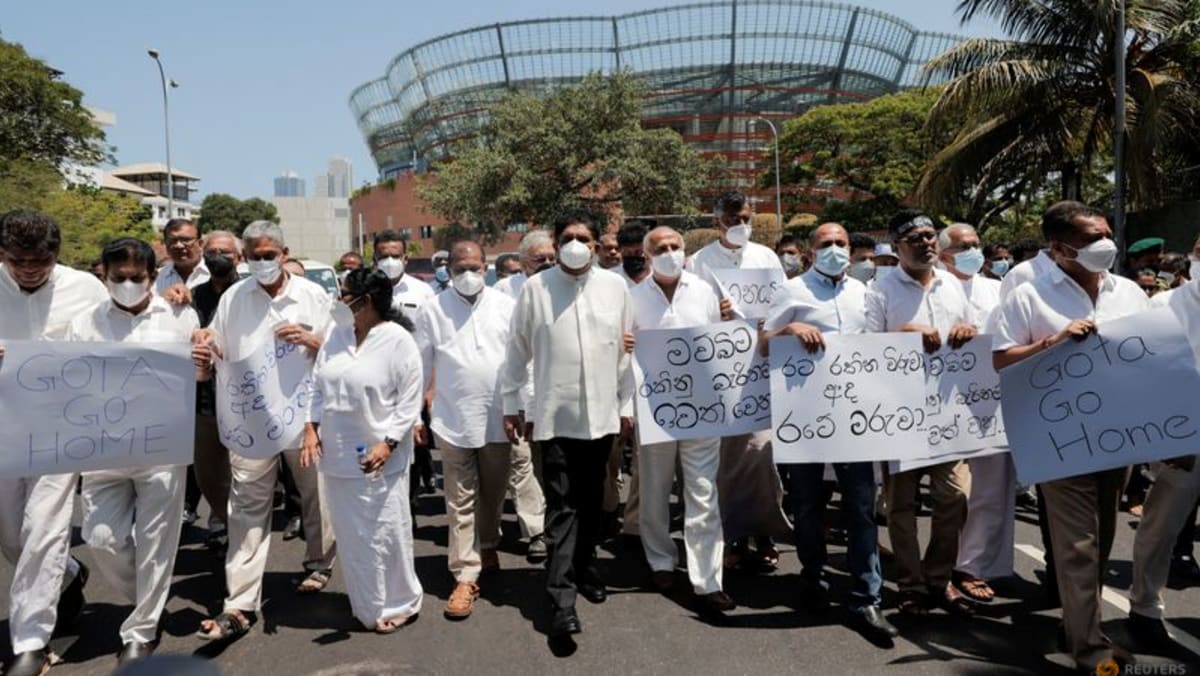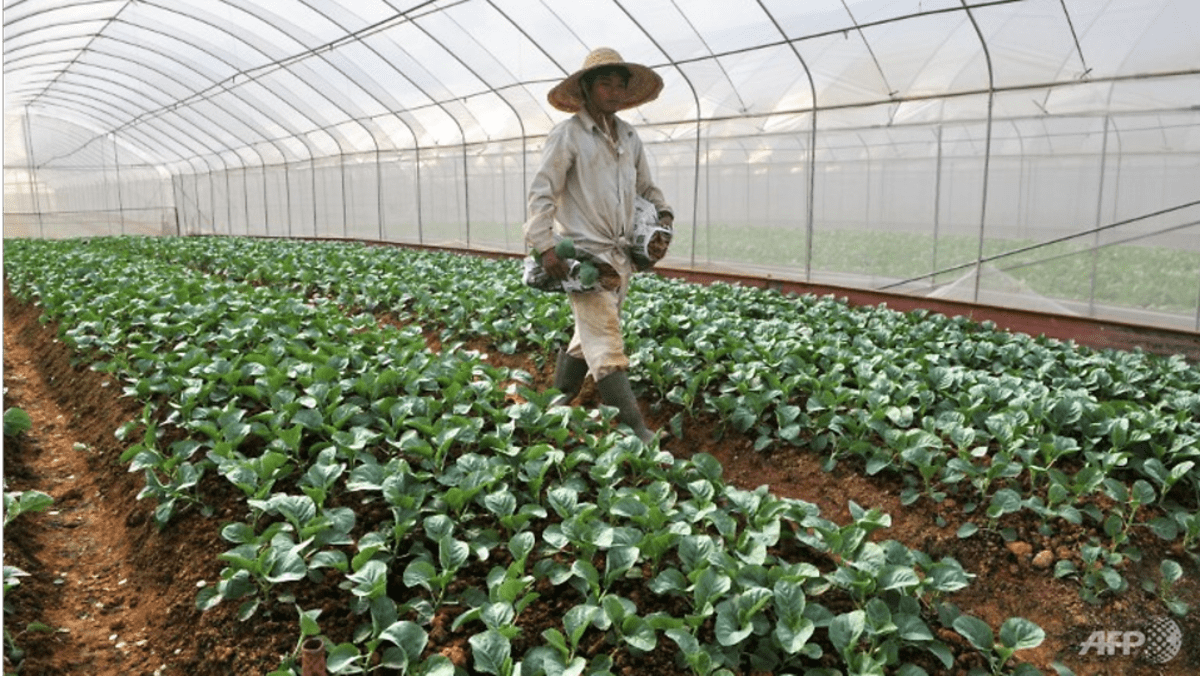
SINGAPORE - The overall risk of heart inflammation following Covid-19 vaccination has been found to be very low, affecting just 18 people per million vaccine doses.
A new study published in The Lancet Respiratory Medicine confirms that the risk of myopericarditis - a condition that causes inflammation of the heart muscle - following Covid-19 vaccination is comparable to or lower than the risk following non-Covid-19 vaccinations.
The study was led by researchers in Singapore, namely Dr Kollengode Ramanathan, a senior consultant from the department of cardiac, thoracic and vascular surgery at the National University Heart Centre, Singapore.
Other authors include Dr Jyoti Somani and Professor Dale Fisher from the division of infectious diseases at the National University Hospital.
Myopericarditis, in some cases, can result in severe permanent heart damage. It is most often caused by viruses but can also occur after vaccination in rare instances. There have been reports of myopericarditis following mRNA-based Covid-19 vaccination, especially in adolescents and young adults.
The researchers examined international databases, looking at more than 400 million vaccination doses, to compare the risk of myopericarditis following vaccination against Covid-19 and other diseases such as influenza and smallpox.
They found no statistically significant difference between the incidence of myopericarditis following Covid-19 vaccination, at 18 cases per million doses, and other vaccinations, at 56 cases per million doses.
Among Covid-19 vaccinations, the risk of myopericarditis was higher for those who received mRNA vaccines (22.6 cases per million doses) compared with non-mRNA vaccines (7.9 cases per million doses).
Reported myopericarditis cases were also higher in people below the age of 30 (40.9 cases per million doses), males (23 cases per million doses), and following the second dose of Covid-19 vaccine (31.1 cases per million doses).
"The occurrence of myopericarditis following non-Covid-19 vaccination could suggest that myopericarditis is a side effect of the inflammatory processes induced by any vaccination and is not unique to the Sars-CoV-2 spike proteins in Covid-19 vaccines or infection," said Dr Somani.
Dr Ramanathan said: "Our research suggests that the overall risk of myopericarditis appears to be no different for this newly approved group of vaccines against Covid- 19, compared to vaccines against other diseases.
"The risk of such rare events should be balanced against the risk of myopericarditis from infection and these findings should bolster public confidence in the safety of Covid-19 vaccinations."
There were some limitations to this study. For instance, the findings include only a small proportion of children under the age of 12 who have only recently been eligible for vaccination, and results of this study cannot be generalised to this age group.
https://news.google.com/__i/rss/rd/articles/CBMigAFodHRwczovL3d3dy5zdHJhaXRzdGltZXMuY29tL3NpbmdhcG9yZS9yaXNrLW9mLWhlYXJ0LWluZmxhbW1hdGlvbi1hZnRlci1jb3ZpZC0xOS12YWNjaW5hdGlvbi1mb3VuZC10by1iZS12ZXJ5LWxvdy1zYXlzLW5ldy1zdHVkedIBAA?oc=5
2022-04-12 01:00:00Z
1380412579



